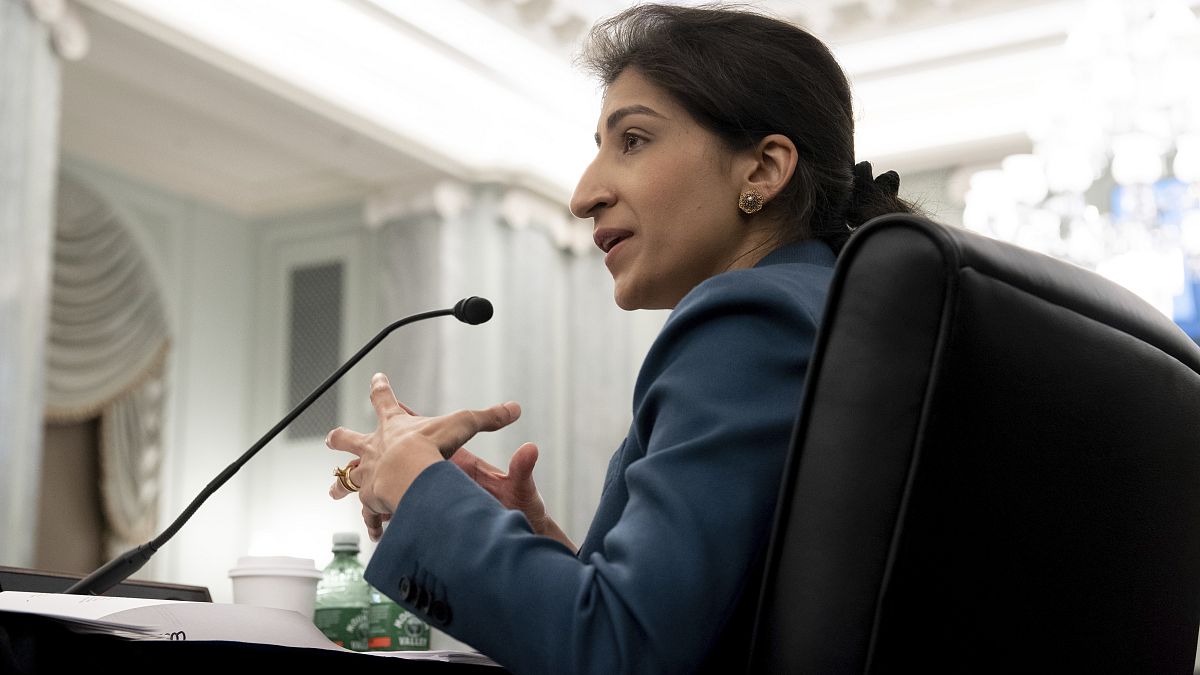The recent US presidential election has the potential to significantly impact antitrust enforcement, especially in the Big Tech sector. The appointments made under the Biden administration, including Lina Khan’s as head of the Federal Trade Commission (FTC) and Jonathan Kanter as assistant Attorney General for the antitrust division of the Department of Justice (DOJ), signal a shift towards more aggressive enforcement against monopolistic practices. Khan, in particular, has taken a strong stance against Big Tech companies, such as Meta and Amazon, with ongoing antitrust cases. These actions align with the European Commission’s approach under Competition Commissioner Margrethe Vestager, who implemented the Digital Market Act (DMA) in 2022.
If Donald Trump wins the election, there is a possibility that the US antitrust enforcement approach could change. However, certain Republicans, including some senators and Attorney General Ken Paxton, support the ‘Khanservative’ view, advocating for stricter enforcement against Big Tech companies. Regardless of the election outcome, restraining the dominance of Big Tech in the market remains a common goal for both the US and Europe. The Democratic party also shows division on this issue, with progressive-populists like Warren, Sanders, and AOC supporting Khan and Kanter, while some Big Tech donors to Harris’ campaign have called for Khan’s resignation. Nevertheless, Harris’ platform emphasizes fighting anti-competitive practices.
The future course of US antitrust policy is uncertain in the event of a Kamala Harris victory, as it seems to divide the Democrats. While some of Harris’ Big Tech donors have called for Lina Khan’s resignation, the platform remains committed to fighting against anti-competitive practices. There is a divide within the Democratic party between progressive-populists and the mainstream. If Harris wins, there is hope that she will retain Khan and Kanter, despite pressure from donors. The direction of EU enforcement under a new competition commissioner, Teresa Ribera of Spain, remains to be seen. The importance of competition enforcement, particularly within the digital market, is a key focus for both the US and Europe.
The regulatory actions taken against Big Tech companies in the US align with the European Commission’s mindset, particularly regarding the enforcement of the Digital Market Act (DMA) in 2022. With the appointment of Lina Khan and Jonathan Kanter, the Biden administration has signaled a more stringent approach to antitrust enforcement, especially in relation to tech giants like Meta and Amazon. This shift reflects a broader concern about the negative impact of monopolies on competition, echoing the sentiments of early 20th-century trustbuster Louis Brandeis. Despite potential changes in US antitrust policy depending on the election outcome, the goal of curbing Big Tech dominance remains a shared objective between the US and Europe.
The Republican party also shows a divide on antitrust issues, with some members supporting stricter enforcement against Big Tech companies, while others prioritize traditional GOP values and favoring large corporations. The ‘Khanservative’ view, endorsed by some Republicans, advocates for breaking up tech giants to promote competition. In the case of a Harris victory, the future direction of US antitrust policy remains uncertain, as there is a divide within the Democratic party. Harris’ platform emphasizes cracking down on anti-competitive practices, but her stance on Lina Khan’s appointment is unclear. The hope is that Harris will retain Khan and Kanter, despite pressure from Big Tech donors. The upcoming EU competition commissioner’s vision on antitrust policy towards the digital market will also play a crucial role in shaping enforcement actions in Europe.










